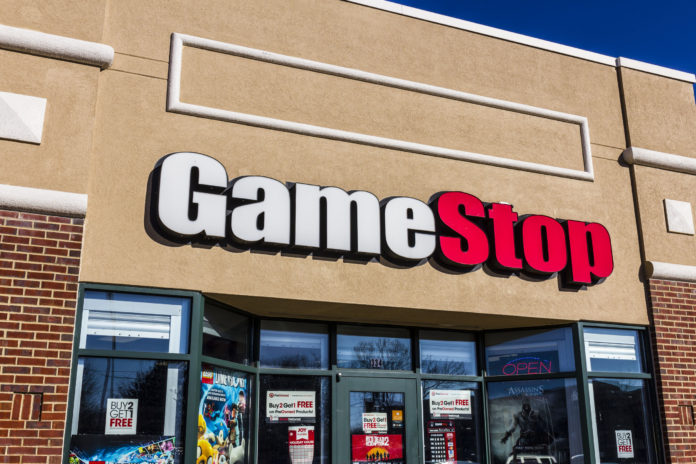The GameStop (GME) retail chain has announced the close of over 150 of its 7500 stores this week. The Texas-based company did not confirm whether the stores closed down would be local or in the other fourteen countries it operates in.
Speaking to the press on Thursday, GME CEO Paul Raines cited the reasons for the closure as ‘the substantial losses the company has suffered in the last quarter’ with a particular focus on the Christmas holidays.
Indeed, GameStop has seen losses of up to 3.05 billion US dollars which is at least 13 percent of sales in just the last year. The company reported losing 30 percent of its hardware sales and an estimated 20 percent of its software sales during the last eighteen months. Over the last two years, GameStop has recorded a thirty-one percent decline in the value of its stock and a day following the announcement of the closure of almost three percent of its stores, the company’s stock lowered by an additional twelve percent.
Raines attributed the sad state of the company’s financials to a variety of factors. First, he pointed out that the firms whose video games GME carries- mainly Playstation creators Sony (SME) and Xbox developer Microsoft (MFST) had yet to launch new major video games, so demand in GME suffered. He also pointed out that some of the ‘blockbuster’ games launched during the December holidays had not fared as well as he had hoped, with some noting a fifty percent deficit on expected sales projections. Other companies such as JC Penney and Sears Holdings recorded the same figures and have also closed down some of their shops.
Another reason given for the steep decline in sales at GME was the ‘aggressive ad campaigns’ of its competitors like Walmart and Best Buy. GameStop also had a problem competing with online retail stores such as the globally recognized platform Amazon, commented Larry Perkins, CEO and founder of SierraConstellation Partners.
Discounts on video games demanded by some of the manufacturers also cut in on GameStop’s sales profit.
There is hope for the future of GME
Raines, speaking to Fortune, acknowledged that the plan to close some of GME’s stores had been planned three years previously to rid the company of ‘its more non-productive stores.’ But even as the company suffers the impact of that decision, it is set to see a boost in its growth in the coming months. GameStop plans to recoup its losses by investing in the areas it is more productive in.
The company is doing well in the non-gaming centric, and it aims to concentrate its resources in these sectors. Just last year, the company’s technologically-centred stores, the likes of Cricket Wireless and Spring Mobile, recorded a 44 percent elevation in sales while its pop culture collectible stores ThinkGeek reported 28 percent in sales profit increase. GME plans to open 65 tech-inclined stores and 35 of the collectible stores variety in the coming months.
With any hope, this shift of focus by GME will help the company recover from the dire financial straits it is in as of now.




